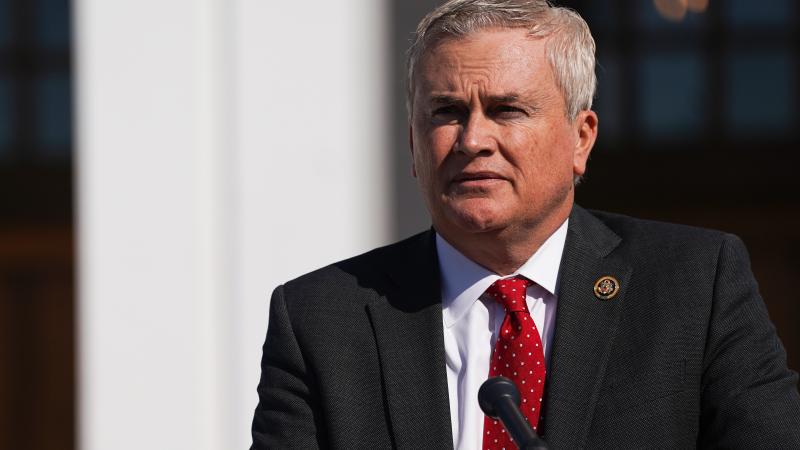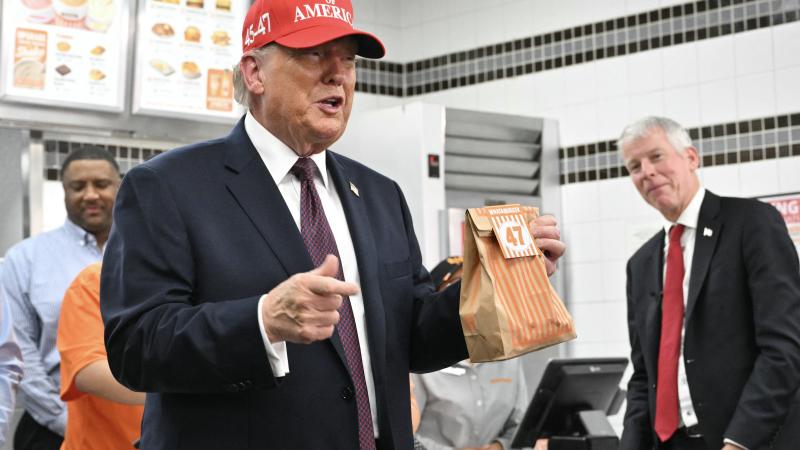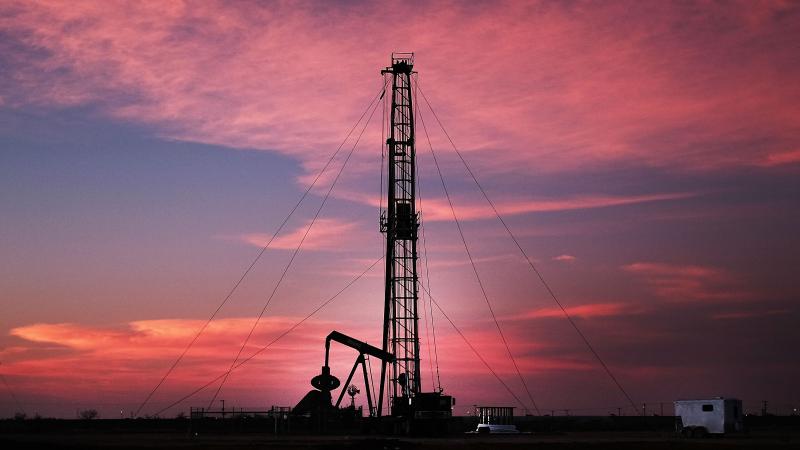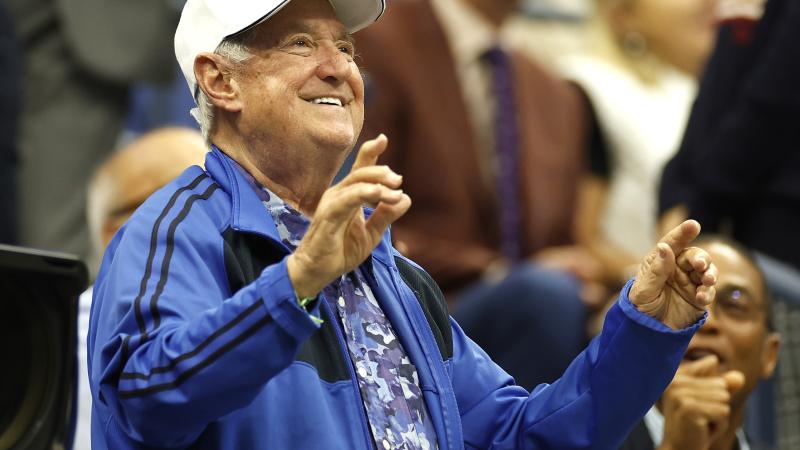Johnson & Johnson will pay $149.5M to Washington state for its role in opioid epidemic
“Johnson & Johnson’s aggressive marketing of opioids systematically overstated the effectiveness of the drugs for treating pain long term and understated the risk of addiction:” Washington AG
Pharmaceutical giant Johnson & Johnson has agreed to pay $149.5 million to Washington state and its local governments to settle a lawsuit over the company’s role in the nation’s opioid epidemic.
The money is expected to be paid in a lump sum this fiscal year, the Washington Attorney General’s Office announced, after a resolution was filed in King County Superior Court.
The settlement requires that $123.3 million go toward addressing opioid abuse including the fentanyl crisis, the AG’s office said in a press release, with half of the resources going to local governments across the state to combat the epidemic in their communities.
The money can be used for improved treatment options, funding for first responders, additional training, public education campaigns, and more. All spending decisions must be consistent with the state’s Opioid Response Plan.
Attorney General Bob Ferguson said the settlement was reached after he rejected a lesser national settlement offer with Johnson & Johnson that would have provided $98.9 million paid over nine years to Washington state and its local governments.
Based in Brunswick, New Jersey, Johnson & Johnson is required to pay the entire $149.5 million within 21 days of the deal being ratified by Washington’s local governments, which must happen by May. The Attorney General’s Office says the Legislature can appropriate all of the state’s share during the current legislative session.
To obtain the full amount, all 125 eligible local governments will need to sign on to the deal, which is expected.
According to the AG’s office, from the 1990s through at least 2016, Johnson & Johnson through its subsidiaries cultivated and processed opium poppy plants and used their raw narcotic materials to manufacture the active ingredients necessary to produce opioid drugs. The company also sold processed active ingredients to other manufacturers to produce oxycodone, hydrocodone, fentanyl, naloxone, and more.
“Johnson & Johnson’s aggressive marketing of opioids systematically overstated the effectiveness of the drugs for treating pain long term and understated the risk of addiction,” the AG’s press release stated. “Johnson & Johnson marketed its opioid drugs for chronic pain conditions like headaches, low back pain and fibromyalgia, despite evidence that opioids were not effective at treating these conditions.”
To date, the Washington Attorney General’s Office has recovered more than $1.2 billion to address the fentanyl and opioid crisis. Settlements with corporations have included $183 million from Purdue Pharma pending bankruptcy court approval and a $518 million resolution with distributors McKesson Corp., Cardinal Health Inc., and AmerisourceBergen Drug Corp.
There is also pending litigation against multiple national pharmacy chains that allegedly helped fuel the epidemic.
















